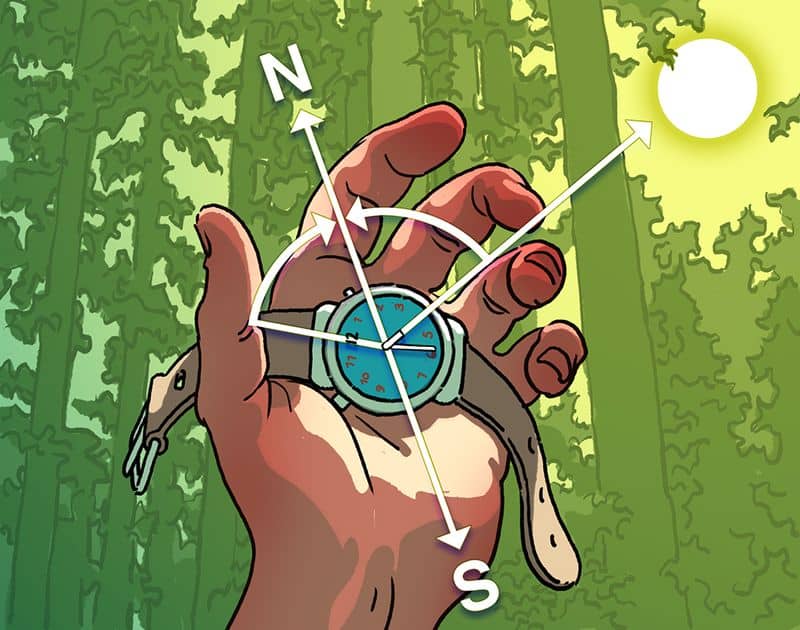In a rapidly evolving world, the skills we value and utilize often change with each generation. Gen Z, born into the digital age, has grown up with technology at their fingertips, shaping their experiences and skill sets in unique ways.
However, as new skills emerge, some traditional life skills are at risk of fading away. This blog post delves into ten such skills that are becoming less common among Gen Z and highlights one timeless skill that has persisted through generations. Join us in exploring these fascinating shifts in skills and uncovering how they impact our lives today.
1. Handwriting

Handwriting, once a foundational skill taught rigorously in schools, is declining in emphasis. With typing taking precedence, the art of cursive writing is becoming rare among Gen Z. Many young people find themselves struggling to read handwritten notes, let alone write them. The tactile experience of writing with a pen on paper offers cognitive benefits like improved memory retention. Yet, in a world dominated by keyboards, this skill is often overlooked. Encouraging young individuals to engage in writing exercises can help preserve this valuable skill, ensuring they reap the mental benefits that come with it.
2. Mental Math

In an era where calculators are readily accessible on every smartphone, the skill of mental math is fading. Many Gen Z individuals rely on digital tools for even basic arithmetic. This dependency can hinder the development of problem-solving skills and mathematical intuition. Practicing mental math can enhance cognitive function, offering a workout for the brain. By encouraging activities that promote mental calculations, such as estimating totals while shopping, we can help reinvigorate this essential skill. Fostering confidence in mental math can empower young people in everyday decision-making scenarios.
3. Navigation Without GPS

Gone are the days when reading a physical map was a common skill. Today, Gen Z heavily relies on GPS technology to navigate surroundings. While convenient, this reliance can diminish spatial awareness and directional skills. Physical maps offer a holistic view of geography that digital screens often don’t provide. Encouraging map-reading activities and outdoor adventures without digital aids can help enhance this skill. By fostering a sense of direction and spatial understanding, young individuals can gain confidence in exploring new places, enriching their experiences beyond digital navigation.
4. Cooking from Scratch

Cooking from scratch, a once-essential skill, is becoming less common among Gen Z. With the advent of ready-made meals and food delivery apps, the need to prepare meals manually has diminished. Cooking offers numerous benefits, from understanding nutritional content to fostering creativity. It’s a skill that connects us to cultural traditions and personal well-being. Encouraging cooking classes and family meal preparations can rekindle this art. By learning to cook, young people can enjoy healthier lifestyles and appreciate the value of freshly prepared meals, turning a necessity into a rewarding hobby.
5. Critical Thinking

Critical thinking, essential for problem-solving and informed decision-making, is at risk as digital media promotes rapid consumption of information. Gen Z’s exposure to endless information can lead to reduced attention spans and surface-level understanding. Developing critical thinking skills requires questioning assumptions and analyzing underlying principles. Encouraging discussions, debates, and reflective practices can nurture this skill. By fostering an environment that values thoughtful analysis, we can equip young individuals with the ability to navigate complex issues, empowering them to make informed choices in a fast-paced world.
6. Face-to-Face Communication

Face-to-face communication is slowly being overshadowed by digital interactions among Gen Z. While technology enables global connectivity, it can hinder the development of interpersonal skills. Physical interactions foster empathy and understanding, essential for building strong relationships. Encouraging in-person social activities can strengthen these skills. By promoting environments where meaningful conversations are valued, young people can enhance their ability to connect authentically. Developing face-to-face communication skills enables them to build rapport and navigate social dynamics effectively, creating a foundation for successful personal and professional relationships.
7. Repairing and DIY Skills

The ability to repair and engage in DIY projects is dwindling as Gen Z prefers convenience over craftsmanship. In a throwaway culture, the art of fixing things is often overlooked. Engaging in DIY activities fosters creativity and problem-solving skills. Learning to repair items empowers individuals to reduce waste and become resourceful. Encouraging workshops or community projects focused on craftsmanship can revive this skill. By nurturing a DIY mindset, young people can develop independence, enhance their practical skills, and gain satisfaction from creating and fixing things with their own hands.
8. Spelling and Grammar

In the digital age, spelling and grammar skills seem to be fading away. Autocorrect and predictive text do the heavy lifting, reducing the need for precision in written communication. However, strong language skills are crucial for effective expression and professional success. Encouraging reading and writing activities can help maintain these skills. Participation in spelling bees or writing competitions can make learning fun and engaging. By valuing linguistic accuracy, we empower young people to communicate clearly and confidently, laying the groundwork for personal and academic achievements.
9. Gardening

Gardening, a skill that once connected us to nature, is becoming less common among urbanized Gen Z. The fast-paced digital life can make outdoor activities seem less appealing. Yet, gardening offers numerous benefits, from reducing stress to teaching patience and responsibility. Encouraging participation in community gardens or home gardening projects can spark interest. By experiencing the joy of nurturing plants and growing food, young individuals can develop a deeper appreciation for nature and sustainability, fostering a lifelong connection with the environment and a healthier lifestyle.
10. Active Listening

Active listening, a core component of effective communication, is fading as multitasking becomes the norm. Among Gen Z, the constant presence of digital devices can impede the ability to fully engage in conversations. Active listening involves focusing, understanding, and responding thoughtfully. Encouraging mindful conversations and limiting distractions can cultivate this skill. By prioritizing active listening, young individuals can improve their relationships and collaborations. This skill enhances empathy and mutual respect, laying the foundation for meaningful interactions in both personal and professional settings, ensuring messages are received and understood.

Well, hello there!
My name is Jennifer. Besides being an orthodontist, I am a mother to 3 playful boys. In this motherhood journey, I can say I will never know everything. That’s why I always strive to read a lot, and that’s why I started writing about all the smithereens I came across so that you can have everything in one place! Enjoy and stay positive; you’ve got this!

